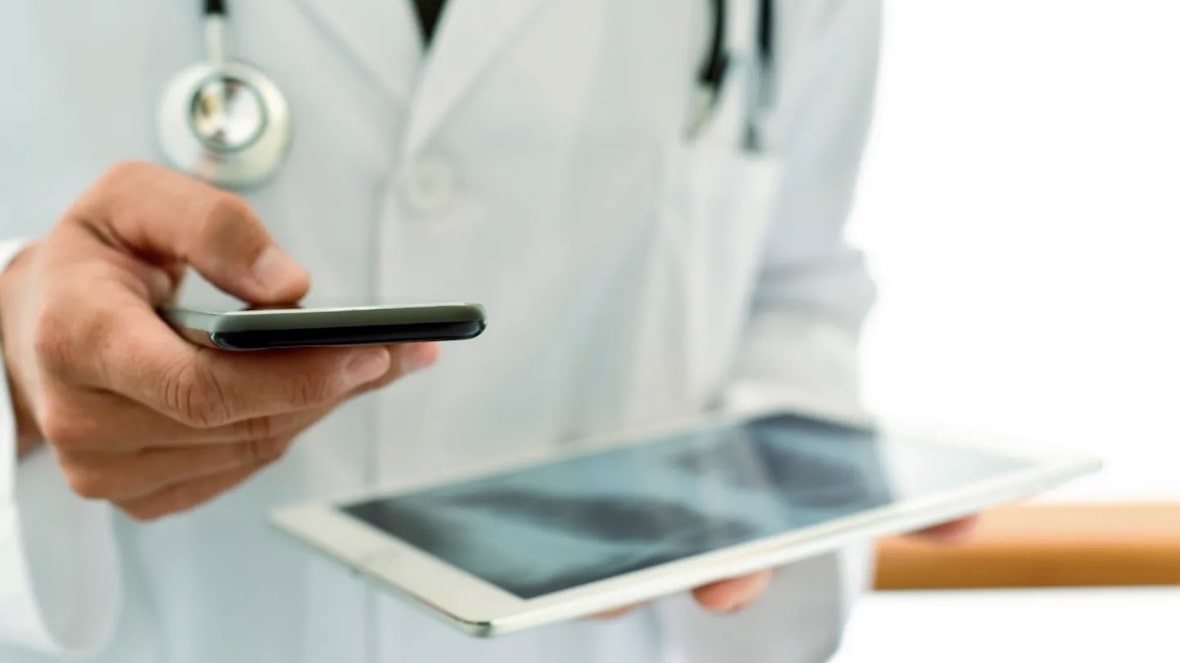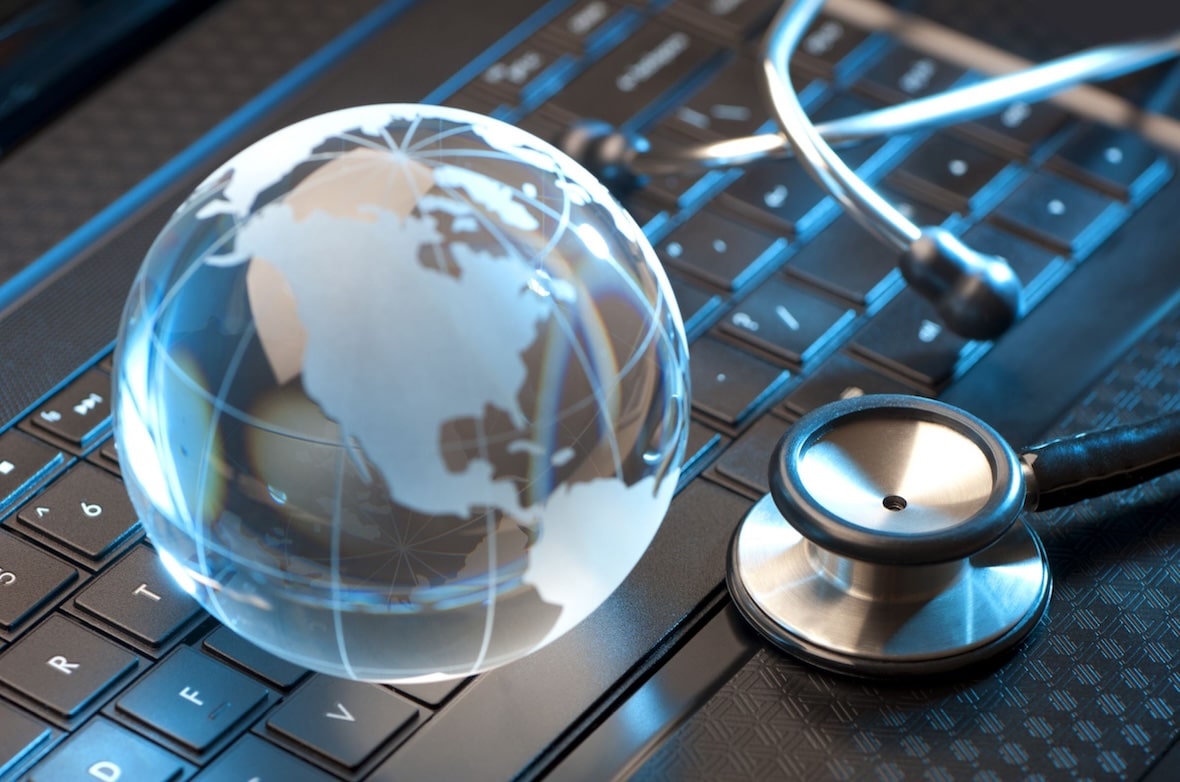The two-way sharing of information between clinicians and their patients is vital to providing patient-centred care and keeping patients engaged throughout their care journey.
The COVID-19 pandemic has led to an explosion in the use of remote monitoring and telehealth solutions. A consequence of this is that many patients have become more familiar with home-based health technologies in order to attend virtual consults, take their vital signs and monitor their conditions with other health apps. This has significantly enhanced patient engagement in their healthcare.
In this series on partnering with patients, we have discussed the valuable insights that can be captured by listening more carefully to our patients, providing clinicians with a holistic view and understanding of a patient’s uniquely desired outcomes.
We have also looked at the value of equipping patients with the information and tools needed to be more engaged in their care. Empowering patients to play an active role through technology such as an integrated patient portal that draws information from as many sources as possible provides further opportunities for patients to contribute self-generated data to their healthcare record.
This explosion in data creates exciting opportunities for healthcare providers and patients to move forward in highly productive partnerships.
A wealth of opportunities from better information to better engage patients
With this wealth of available data comes several opportunities to improve patient care and tailor it more closely to patients’ specific needs. It is vital clinicians obtain the most value possible from the available data, including patient-generated data, to provide the highest standard of care to that patient.
The ability to share this information securely and safely with a patient’s entire circle of care is key. Technology can facilitate the capturing and meaningful presentation of patient-generated data, the sharing of data between healthcare providers to provide better care and experiences for patients and the ability for patients to have ready access to their medical records.
Patients today generally have access to a tethered patient portal which gives them access to data that is held at one organisation only. To provide patients with a complete record, there is clearly a need to integrate healthcare data so that patients have access to all their information from one portal.
Interoperability in healthcare is something organisations across the globe are striving to achieve. Connecting disjointed information supports quality patient care.
FHIR lowers technical barriers
Fast Healthcare Interoperability Resources (FHIR) enhances interoperability in healthcare. It is a rapid, convenient and standardised yet flexible standard for the sharing of health information between all of those involved in a patient’s care. Due to its promise of making this information easily and securely accessible from any device, anywhere, it is quickly becoming one of the most popular standards in healthcare.
The importance of FHIR and patient engagement have been recognised by government and regulators globally. For instance, in the United States from mid 2021 the CMS Interoperability and Patient Access final rule means all payers are mandated to provide a Patient Access API specified in FHIR so that individuals can access their healthcare records.
FHIR makes health information easily and securely accessible when and wherever needed by lowering the technical barriers for data inclusion from clinical systems to patient engagement apps.
Although FHIR significantly eases the pain of interoperability, in order to build an enterprise-grade, robust solution, it is recommended healthcare providers enlist the expertise of an experienced organisation who can provide a complete solution with the other supporting technology including an API manager and strong clinical auditing of the data.
How can Orion Health help?
Orion Health Amadeus is an integrated healthcare platform designed from the ground up to support both the clinical care of individual patients and whole populations based on the most complete information possible. For example, in the US and elsewhere it is frequently used as the software supporting a health information exchange. In the UK it is used as the basis of regional shared care records.
With the ability to ingest traditional and emerging data types, like patient feedback or smart device data, the Amadeus platform collects data to provide a comprehensive view of the patient.
Orion Health has been working with the FHIR standard since the earliest versions and understands the value that it brings in an open and innovative ecosystem. All Orion Health products are capable of data exchange via FHIR.
Orion Health offers the full suite of additional standards required to build an enterprise solution including FHIR, OpenID Connect, ASTM and Oauth 2.0.
Interested in learning more about how Orion Health incorporates FHIR?
This blog is the fourth in the series on partnering with patients. The next in the series will look in more detail at how clinicians can enable patients to take ownership of aspects of their care.
Read our previous blog on Keeping patients motivated to engage in their care.
Read our series of blogs on all things FHIR.




